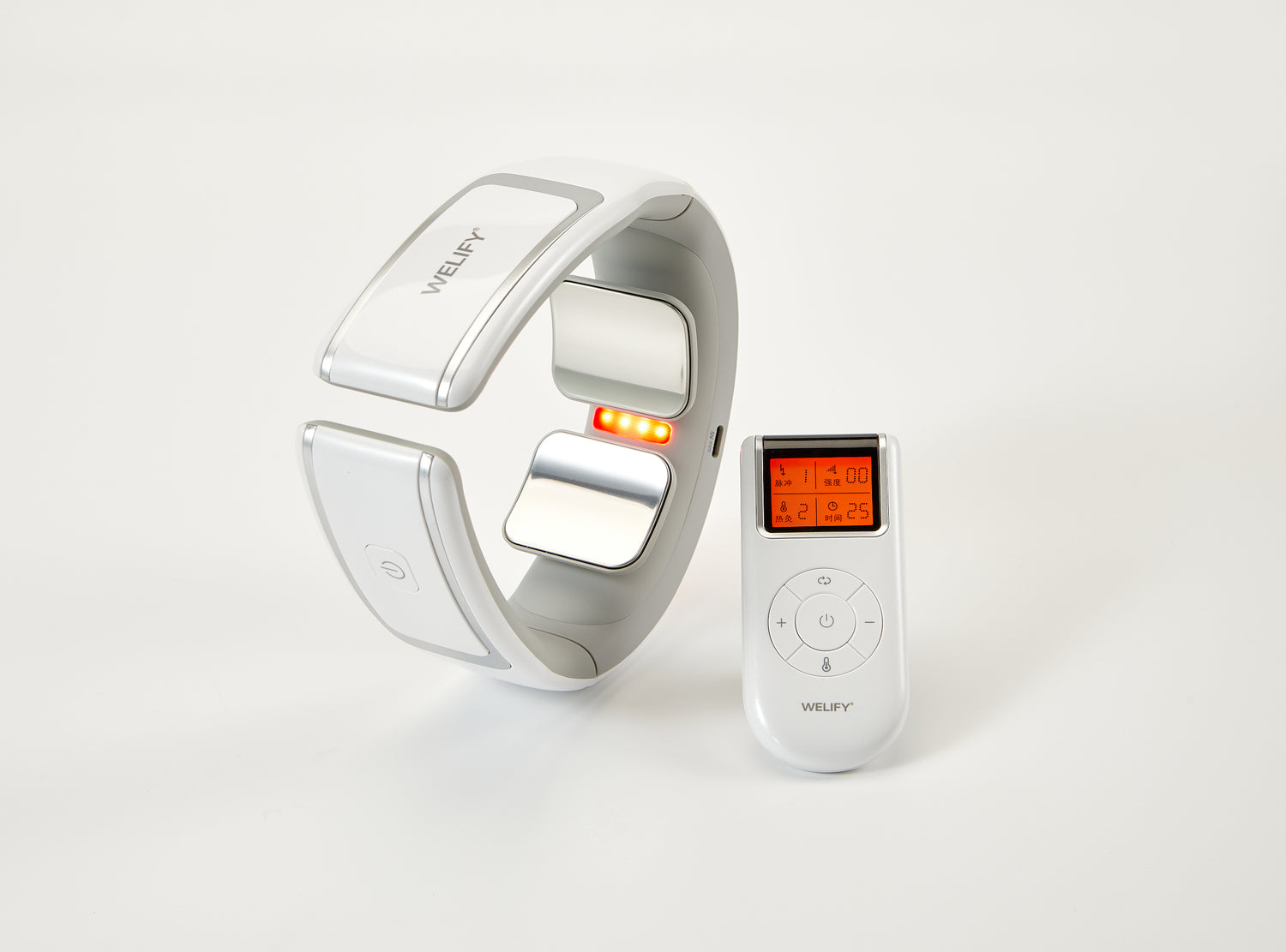The time of day we do things matters more than we previously thought. Here are 5 important keys for you who want to boost health at the cellular level!
1. Prioritize sleep Set aside 7-9 hours for your sleep.
Our need for sleep varies from person to person, but it's probably somewhere in here.
Aim to never sleep less than 6 or more than 10 hours. Another important key is to find the time in the evening for your "sleep train" - that is, the time when we naturally get tired and have the easiest time falling asleep.
Go to bed then, same time every night. A goal is to be able to wake up rested without an alarm clock - and not have to catch up on the weekend.
2. Eat all food for 12 hours
When we are not eating, important processes are going on in our cells. These start when we haven't eaten for a while and stop immediately when we start eating or drinking something other than water.
Therefore, a good method is to eat and drink the day's intake during an "eating window" of 12 hours. Aim to take your last bite and sip 3 hours before going to sleep.
3. Capture the daylight
Daylight is extremely important for our circadian rhythm. It has a major impact on both sleep and our cognitive performance.
It is especially important for us to get daylight early in the morning. Why not take a morning walk?
And why not make sure that the children get to walk a bit before school? Just a 10-15 minute walk in the morning light makes them perform better during the school day!
4. Adjust the indoor lighting
The body wants light in the morning and during the day, and darker in the evening. Therefore, the right light is a and o - even indoors. In the morning, the brain feels good from really bright light. Feel free to use strong bathroom lighting and strong lamps.
Feel free to work near a large window if you have the opportunity. In the evening, you should instead have weaker "cozy lighting" - also in the bathroom.
Putting dimmers on the lights can be a simple solution that has a big effect on mood. In the evening, you should also avoid blue light from screens, which is highly invigorating.
On many mobile phones, the "nightshift" mode can be activated, which makes the screen's light warmer and dimmer.
5. Train at the "right" times
You can optimize the effect of your training by training at times when the body is most receptive, purely biologically.
Mornings are best for low-intensity cardio such as walking, cycling or light jogging. If you want to burn fat, it is optimal to exercise before breakfast. In contrast, late afternoon, before dinner, is the best time for tougher training, both muscle-building and heart rate-raising.
Avoid exercising hard 2 - 3 hours before it's time to sleep, so that the body has time to unwind properly.
Written by SustainChange


